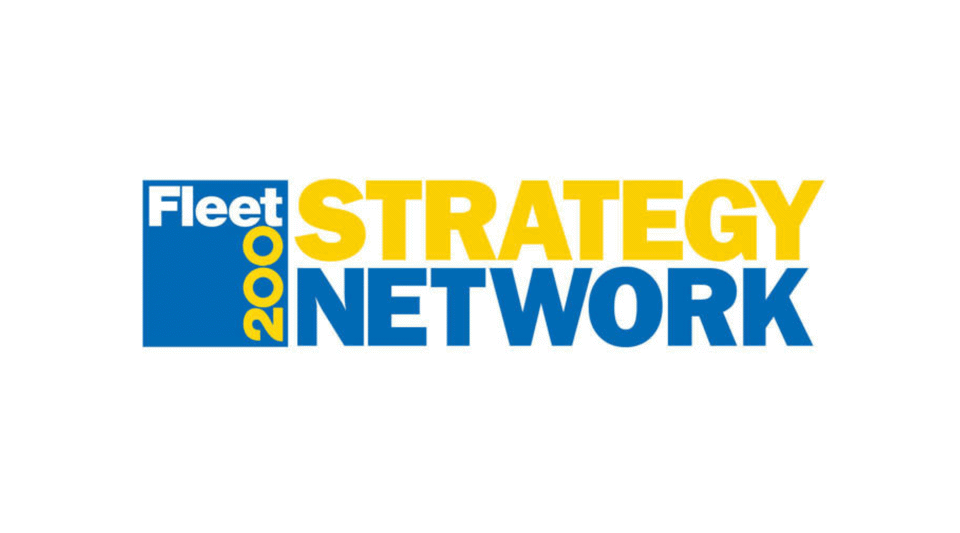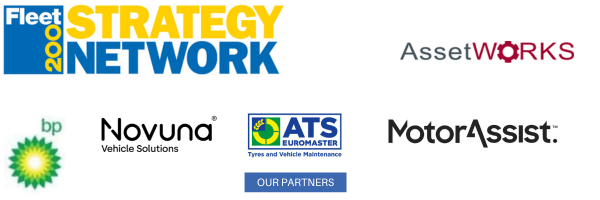Fleet managers taking part in a roundtable discussion in Leeds talked about their use of data both now and in the future.
Key discussion points were:
The potential of predictive maintenance: it offers significant opportunities to reduce downtime and operational costs, including savings on ancillary expenses such as courtesy cars.
The importance of accurate data: accurate and timely data is the cornerstone of effective fleet management, enabling informed decision-making and optimised operations.
Addressing driver skill variations: managing a fleet of drivers with varying skill levels and risk profiles presents unique challenges.
The role of driver training and risk management: continuous driver training and proactive risk management are essential to mitigating risks and enhancing overall fleet safety.
Collaborating with insurers for better outcomes: partnerships with insurers and data sharing can lead to reduced premiums by fostering improved driver behaviour. Insurers can also contribute to these efforts by funding driver training programs, further enhancing fleet performance and safety.
Fleet managers taking part in a roundtable discussion in Leeds talked about their use of data both now and in the future.
Key discussion points were:
The potential of predictive maintenance: it offers significant opportunities to reduce downtime and operational costs, including savings on ancillary expenses such as courtesy cars.
The importance of accurate data: accurate and timely data is the cornerstone of effective fleet management, enabling informed decision-making and optimised operations.
Addressing driver skill variations: managing a fleet of drivers with varying skill levels and risk profiles presents unique challenges.
The role of driver training and risk management: continuous driver training and proactive risk management are essential to mitigating risks and enhancing overall fleet safety.
Collaborating with insurers for better outcomes: partnerships with insurers and data sharing can lead to reduced premiums by fostering improved driver behaviour. Insurers can also contribute to these efforts by funding driver training programs, further enhancing fleet performance and safety.
Login to continue reading.
This article is premium content. To view, please register for free or sign in to read it.



















Login to comment
Comments
No comments have been made yet.